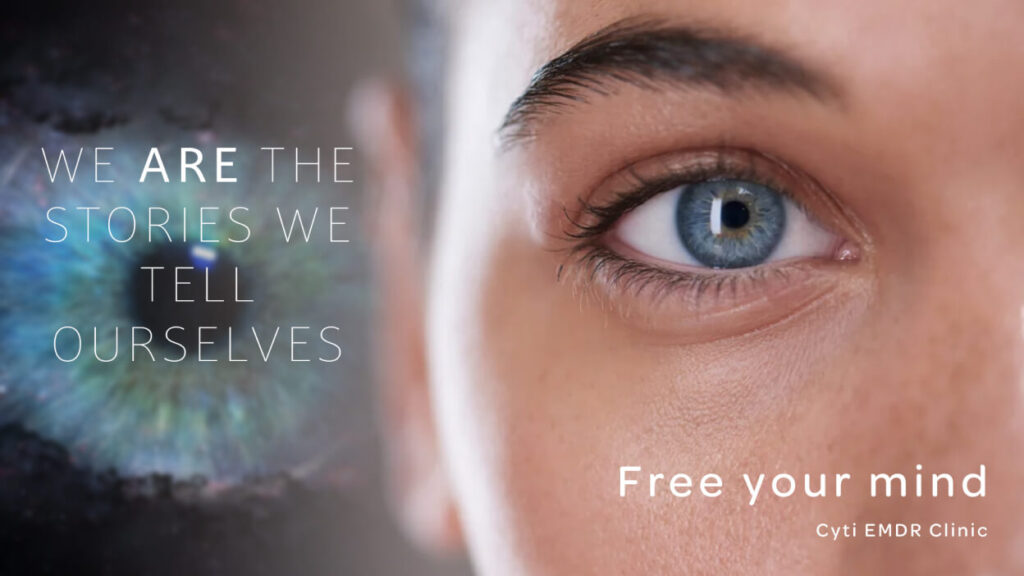Trauma-Focused Care
Any event or series of events a person experiences or witnesses that results in long-lasting social, physical, or psychological effects are traumas. Up to 70% of adults in the U.S. will endure a traumatic event. When that event takes a toll on your physical and mental health, it’s time to consult a professional. Most people don’t know that emotional abuse can cause PTSD.
If you’re suffering continued effects from trauma, it’s time to give yourself the tools to move forward. The experienced and licensed therapists at Cyti Psychological offer trauma-focused care using various modalities, including eye movement desensitization and reprocessing (EMDR) and dialectical behavior therapy (DBT). Cyti Psychological care specialists provide 24/7 support, ensuring you can connect with the health you need, anytime.













